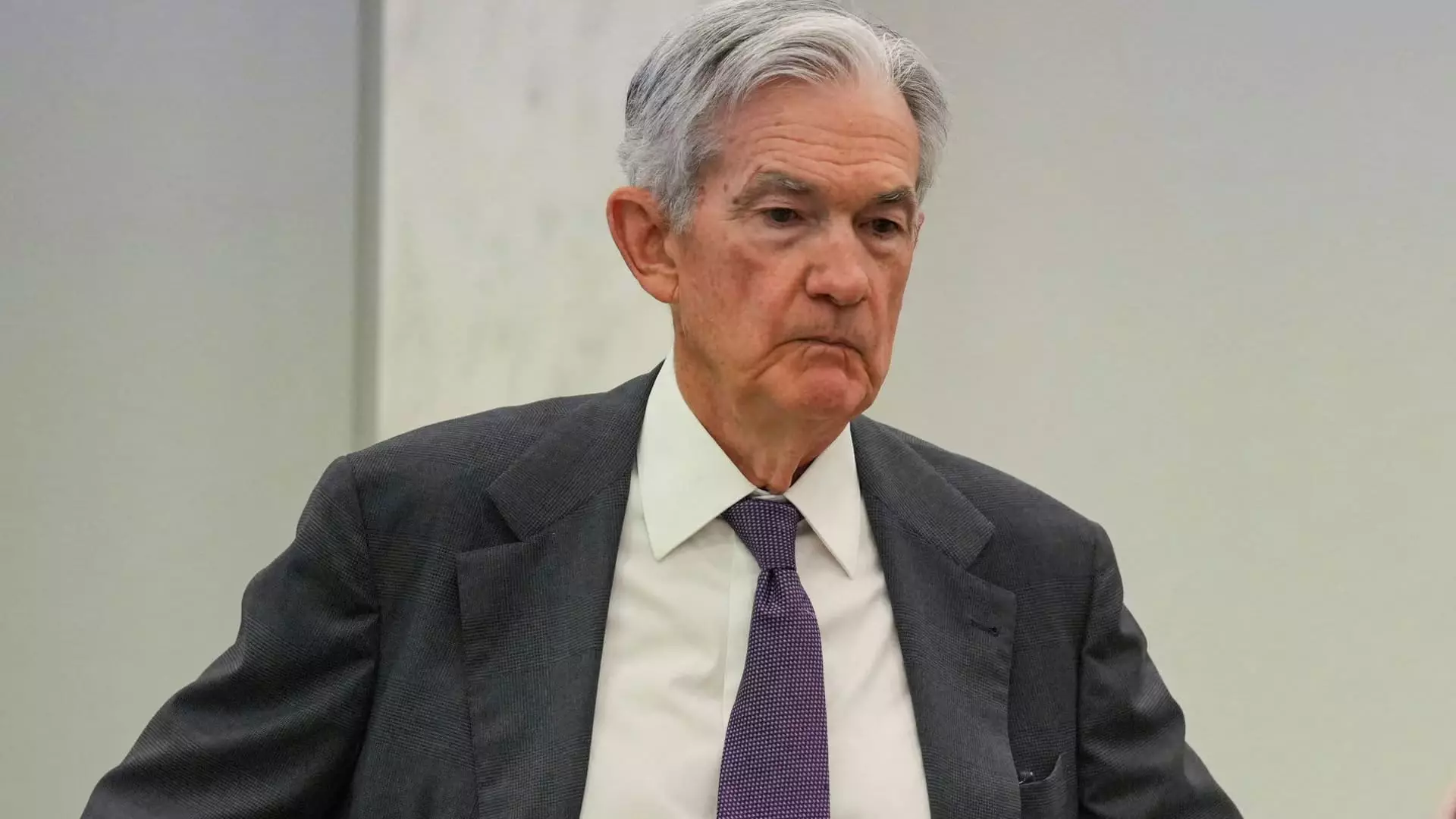The recent discourse surrounding the Federal Reserve exposes a fundamental tension in American economic governance: the delicate balance between independence and accountability. Critics on all sides now question whether the Fed truly operates free from political influence or merely pretends to. Treasury Secretary Scott Bessent’s call for an internal review, coupled with his insistence that Chair Jerome Powell need not resign, underscores a broader unease with the institution’s unchecked authority. His assertion that monetary policy should be insulated from political whims appears idealistic rather than pragmatic in today’s climate, where political actors are increasingly eager to wield influence over the central bank’s decisions.
At the heart of this debate is the perception—whether justified or not—that the Fed’s actions are driven more by internal bureaucracies than by sound economic principles. The ongoing controversy over the Fed’s extravagant building renovation, with its massive cost overruns, amplifies this perception of mismanagement and lack of transparency. Such episodes feed into the narrative that the Fed’s operational independence is merely a façade, distorting public trust and inviting political meddling. When such high-profile expenditures are scrutinized without accountability, it fuels suspicion that the central bank is less a guardian of economic stability and more an opaque bureaucracy vulnerable to internal excesses.
Political Interference and the Erosion of Fiscal Credibility
The Trump administration’s overt criticism of the Fed and their explicit calls for aggressive interest rate cuts reveal a dangerous flirtation with politicizing monetary policy. When a president openly pressures the central bank to adopt policies aimed at immediate political gains—such as maximizing stock market gains or boosting short-term growth—confidence in the institution’s independence wanes. It also risks destabilizing markets that are already sensitive to volatile policy signals. Jerome Powell’s cautious stance, waiting to assess the impact of tariffs and other external shocks before altering rates, highlights a prudent commitment to stability that stands in contrast to political pressure.
Yet, the administration’s overt hostility suggest that the Fed’s credibility is increasingly under attack. By seeking to influence rate decisions directly, political officials compromise the very foundation of monetary independence. This erosion invites skepticism about whether the Fed truly serves the broader economy or is simply a tool for short-term political maneuvers. A central bank subjected to frequent political interference inevitably risks losing its reputation as an unbiased arbiter of monetary policy, thereby undermining both market stability and public confidence.
The Imperative for Genuine Oversight and Reforms
Bessent’s advocacy for a comprehensive review of the Fed’s functions signals recognition of the need for reform. But such internal inspections, if not paired with genuine transparency, risk becoming window dressing rather than meaningful change. Merely cataloging inefficiencies and structural excesses without addressing the underlying political influences misses the point. The Fed needs to fundamentally rethink how it balances its operational independence with accountability to the public.
The concern isn’t merely about the institution’s budget or administrative costs, but about the broader question of control over monetary policy. Allowing external pressures to influence rate-setting decisions would be a fatal blow to the credibility of the American monetary system. Public faith in the Fed depends on the belief that its policy choices are based on economic data, not political convenience. To that end, reforms should focus on insulating the Fed from political pressures, establishing clearer boundaries on its operational scope, and fostering a culture of transparency that reassures markets and citizens alike.
The Future of the Fed in a Politicized Era
As markets weigh the likelihood of rate cuts in the coming months, the central bank’s independence remains a pivotal issue. While the consensus leans toward holding rates steady, the long-term credibility of the Fed hinges on how well it navigates political pressures while maintaining a stance rooted in economic reality. The ongoing debate demonstrates that the struggle for independence isn’t just about monetary policy; it’s about safeguarding the legitimacy of the entire economic system.
In a world increasingly inclined toward populism and political opportunism, the public’s trust in the Fed must be earned anew. Otherwise, the risk is not only of misguided policies but of a broader disillusionment that could destabilize markets and threaten economic stability. The challenge is clear: the Fed’s leaders must demonstrate both resilience and integrity, resisting political manipulation to preserve the institution’s vital role in safeguarding economic stability. Anything less jeopardizes the entire foundation of American monetary policy and invites populist backlash that could have lasting consequences.

